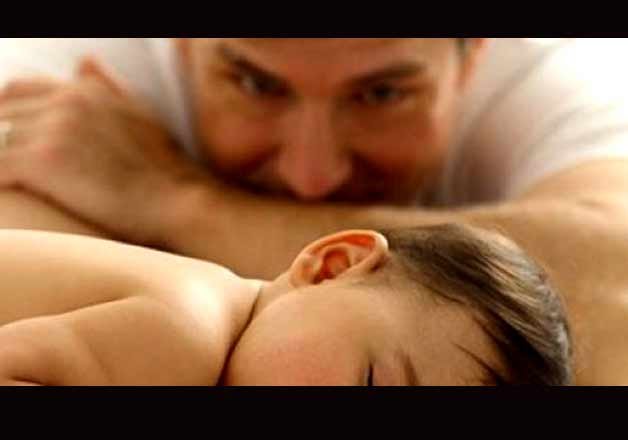New Delhi: These days when most of the couples living in metros suffer infertility. This piece of information might come handy for people who are longing to have a baby.
According to the World Health Organization, there are 400 million people worldwide who are living with Hepatitis B or C. Hepatitis is a medical condition that can cause serious scarring (cirrhosis) of the liver and prove to be fatal in the long run. 'One of the lesser known effects of Hepatitis is that it causes infertility in males' said Dr. Kaberi Banerjee, IVF and Infertility Specialist, Advanced Gynecology and Fertility Centre, New Delhi on the occasion of World Hepatitis Day.
There are five viruses that can cause hepatitis - A, B, C, D, E, and G. Out of these, hepatitis A, B & C cause over 90% of the diagnosed cases of the disease. While viral hepatitis can be acute or chronic, hepatitis A and E do not cause chronic illness. Hepatitis B and C are the most common disease viruses and can cause chronic illness. Hepatitis can be transmitted from the mother to baby, through sexual contact (semen or vaginal secretions), or through contact with infected blood. Globally, every year 1.4 million people die from viral hepatitis.
According to Dr. Kaberi Banerjee, "Taking into consideration that hepatitis has no effect on the normal functioning of the ovarian or uterine glands, it is safe to assume that it does not contribute to female infertility. However the hepatitis virus negatively impacts spermatogenesis in males thereby significantly lowering sperm count, free testosterone levels, motility, viability and morphology. This has a considerable impact on their overall fertility and ability to produce an offspring. Transmission of the viral hepatitis during assisted reproduction is also possible, but the magnitude of the risk is unknown. On the occasion of World Hepatitis Day, I would like to emphasize that testing for HBsAg and HCV should be offered to all infertile couples seeking fertility therapy to reduce the potential risk of transmission to an uninfected partner, baby, staff members, and disease-free gametes and embryos stored in the same laboratory. "
The couples who are found to be HBsAg or HCV positive should be counseled about the risk of transmission of the hepatitis virus to their baby. If the male or female partner is Hepatitis B or C positive, a Hepatologist should be consulted and assisted reproduction should be planned when the viral load is low. If the viral load is high, then the risk of transmission from mother to baby is 80 to 90% in Hepatitis B cases and 11% in Hepatitis C positive cases. In case of a low viral load, transmission risk is 2 to 15% in Hepatitis B cases and <1% in Hepatitis C positive cases. Semen washing, administering the uninfected partner with a hepatitis B vaccination, treatment with Interferon ? and Ribavirin are some ways which help in reducing the viral load and the transmission risk.
Thus, couples that have been tested positive for hepatitis seeking fertility treatment should be properly counseled for the transmission risk of the disease. It should be taken care that these couples undergo any of the assisted reproduction techniques only when they have been properly treated and have reduced viral load.

